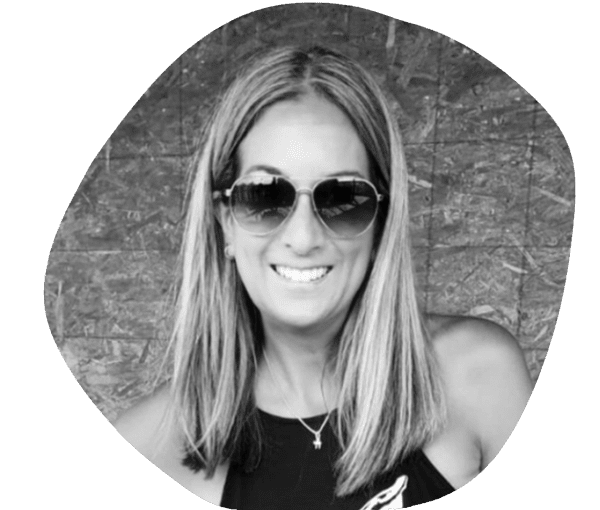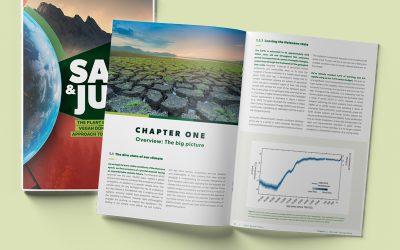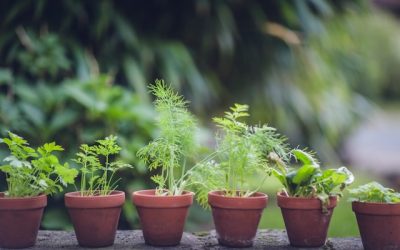Blog
Like all animals, fish, lobsters, octopuses, and other sea creatures don’t want to die. Yet they are being killed at an alarming rate by the fishing industry. Other victims of this industry (called bycatch) include sea birds, turtles, whales, sharks, seals, porpoises, and other fish that are not the main target for the nets or longlines but still get captured. But fishing in open water is not the only way sea creatures are killed for food these days – factory farms, similar to those keeping cows, pigs, and chickens, are being built as oceans become depleted. In these aqua farms, fish and other sea creatures are forced to spend their entire lives in dirty cramped enclosures until their death. While in this unnatural environment and unable to swim freely, many fish get diseases and parasitic infections as well as devastating injuries. Not only is this animal cruelty, but aqua farming is not sustainable as many companies will lead you to believe. In fact, aqua farms add to the destruction of marine ecosystems, cause pollution, and contribute to climate change and global warming. With even more companies around the world seeking to farm lobsters, octopus, and squid, it will only make a very bad environmental system worse. It’s time we left all sea creatures off our plates and switched to a healthy and sustainable plant-based diet.
Octopus
Farming octopus on commercial farms like the one Nueva Pescanova in the Canary Islands claims is “sustainable” will further deplete fish species because these octopus must eat lots of fish before they are killed. Fish species are already on the brink of collapse from massive overfishing and any octopus farm will further deplete fish communities living in the oceans. For every 3 kg of octopus killed, 9kg of fish must also be killed to feed them, making it an unsustainable practice. Octopus farms will further add to the fishing crisis the world faces and will continue to drain our oceans of fish.
“Octopuses have a food conversion rate of at least 3:1, meaning that the weight of feed necessary to sustain them is about three times the weight of the animal. Given the depleted state of global fisheries and the challenges of providing adequate nutrition to a growing human population, increased farming of carnivorous species such as octopus will act counter to the goal of improving global food security.” – The Case Against Octopus Farming
Now is the time to cut back on large-scale fishing operations, not add to fishing and aquaculture that pollutes our oceans and waterways, leaving behind a destructive path. There are plans in the United States to begin octopus farming as well at Kanalo Octopus in Hawaii. They call themselves a “conservation-minded cephalopod aquaculture research facility”, yet raising, feeding, and killing octopus is not environmentally sustainable.
“Commercial production of octopus farming is environmentally unsustainable. Octopuses are carnivores and other animals must be caught or raised for their food.” – Jennifer Jaquet, New York University
Furthermore, octopus are sentient beings that feel pain and are the world’s most intelligent invertebrate. Octopus not only feel physical pain but experience emotional pain and have feelings of distress and suffering, as is sure to occur while in a captive aquafarm.
My Octopus Teacher (available on Netflix) demonstrates the remarkable nature of octopuses
Lobsters
Lobsters are fascinating social creatures and their bonds with each other are very strong. Like many fish, when left in freedom they can explore over 100 miles a year in the ocean. They can also live up to 100 years old in open waters. When lobsters are kept in tanks at grocery stores waiting for their untimely death, many suffer from stress due to confinement, overcrowding, and low oxygen levels. Being boiled alive is excruciating and scientists have found that after lobsters are dropped into a pot of boiling water it can take 35 – 45 seconds for them to die while they whip their bodies from side to side trying to escape their burning death.
“Lobsters may feel even more pain than we would in similar situations. According to invertebrate zoologist Jaren G. Horsley, “The lobster does not have an autonomic nervous system that puts it into a state of shock when it is harmed. It probably feels itself being cut. … I think the lobster is in a great deal of pain from being cut open … [and] feels all the pain until its nervous system is destroyed” during cooking.” – PETA
Lobster populations are declining due to fishing, but instead of companies realizing how serious this is and making the shift to growing sustainable plant-based foods, one company is moving towards raising and killing lobsters in a land-based fish farm. Norwegian Lobster Farm in Norway is selling lobsters that were kept in tiny cages their entire lives. They also call their practice “sustainable” – but this is greenwashing. Like with octopus and fish, there is overwhelming evidence that aqua farming is not sustainable.
Squid
In Japan, squid is a popular meal and eaten raw as sushi or sashimi. However, like other species being fished, squid are starting to disappear from waters in Japan.
“The annual squid catch in Japan peaked in 1989 at 733,594 tons; by 2018, it had plummeted to 83,593 tons. To fill the gap, the country now imports huge quantities of processed squid from South America. Smaller catches in Japan have been blamed on rising sea temperatures caused by global heating – which inhibits the creatures’ ability to spawn and grow – as well as inadequate regulation and overfishing.” – The Guardian
Instead of focusing on sustainable plants to eat, researchers in Japan are working to develop a method of farming squid, despite being warned from environmental groups that “aquaculture is incompatible with the animal’s welfare.”
Scientists at the Okinawa Institute of Science and Technology (OIST) have a system to produce commercialized squid via aquaculture.
“Animal welfare is not a consideration for any aquaculture system in Japan – not just for squid,” said Chihiro Okada from the Animal Rights Centre Japan. “As farming systems expand, so too will the suffering of animals. Sustainability will not be achieved simply by seeking to harvest more and eat more.” ’Okada said there was no such thing as sustainable cephalopod farming.’” – The Guardian
There is also no such thing as sustainable octopus, lobster, or any type of fish farming where they have been raised through aquaculture.

Miriam Porter is an award-winning writer who writes about veganism, social justice issues, and eco-travel. Miriam currently lives in Toronto with her son Noah and many rescued furry friends. She is a passionate animal rights activist and speaks up for those whose voices cannot be heard.
More from the blog
6 Important Calls To Action From The Safe And Just Report – Part One
By Miriam Porter
Grow Your Own Kale And Spinach For Healthy Green Smoothies
By Miriam Porter
The Importance Of Exercise And Tips On Building Muscle
By Miriam Porter






